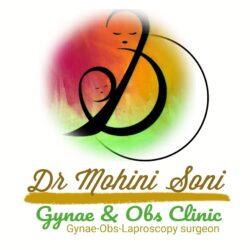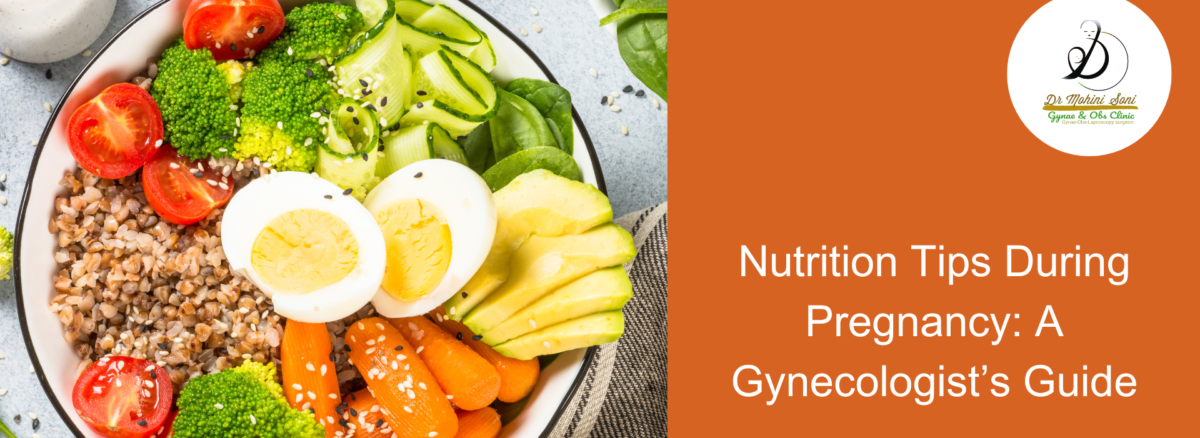Pregnancy is one of the most special phases in a woman’s life. Along with the excitement of welcoming a new life, it also brings a big responsibility — taking care of your health. The food you eat during these nine months not only nourishes your body but also plays a direct role in your baby’s growth and development.
As a gynecologist would often remind expecting mothers, “Pregnancy nutrition is not about eating more, it’s about eating smart.” Let’s explore some practical and easy-to-follow nutrition tips that can help you enjoy a healthy and safe pregnancy journey.
Why Nutrition Matters During Pregnancy
Your body undergoes several changes during pregnancy and needs extra energy, vitamins, and minerals. Eating right can:
- Support the healthy growth and development of your baby
- Reduce risks of pregnancy complications like anemia or gestational diabetes
- Keep fatigue, mood swings, and weakness under control
- Strengthen your immunity and prepare you for childbirth
Essential Nutrition Tips for Expecting Mothers
1. Build a Balanced Plate
A healthy meal should have a little bit of everything:
- Whole grains (oats, brown rice, whole wheat) for steady energy
- Proteins (dal, eggs, chicken, paneer, fish, beans) for your baby’s growth
- Healthy fats (nuts, seeds, avocado, desi ghee in moderation) for brain development
- Fresh fruits & vegetables for fibre, vitamins, and hydration
2. Prioritise Folic Acid & Iron
- Folic acid (spinach, broccoli, citrus fruits, fortified cereals) helps prevent birth defects.
- Iron-rich foods (green leafy vegetables, jaggery, pomegranate, beans, lean meat) keep anemia away. Pair iron-rich foods with vitamin C sources like oranges for better absorption.
3. Don’t Miss Calcium & Vitamin D
- Calcium (milk, curd, cheese, sesame seeds, almonds) keeps bones strong.
- Vitamin D from sunlight (just 15 minutes daily) helps absorb calcium effectively.
4. Stay Well Hydrated
Water is your best friend in pregnancy. Aim for 8–10 glasses daily to prevent dehydration, swelling, and constipation. Coconut water and buttermilk are also excellent natural hydrators.
5. Small, Frequent Meals
Nausea, acidity, or bloating? Eating smaller meals every 2–3 hours keeps energy stable and reduces discomfort.
6. Limit or Avoid Certain Foods
- Cut down on caffeine (tea, coffee, cola)
- Avoid raw fish, undercooked meats, and unpasteurised dairy
- Stay away from processed junk foods high in sugar and salt
Expert Tip: Listen to Your Body
Every pregnancy is unique. Some women crave tangy foods, while others feel put off by strong smells. Listen to your body, but balance cravings with healthy choices. And always check with your gynecologist before making major dietary changes.
Final Thoughts
Pregnancy nutrition isn’t about “eating for two” — it’s about nourishing smartly. With the right balance of proteins, vitamins, minerals, and hydration, you can stay energetic while ensuring your baby grows healthy.
If you have conditions like gestational diabetes, thyroid, or high blood pressure, consult your gynecologist for a personalized nutrition plan.
FAQs on Pregnancy Nutrition
Q1. Do I need to eat double during pregnancy?
No. You just need 300–400 extra calories daily in the later months, but focus on quality, not quantity.
Q2. Which fruits are best for pregnant women?
Bananas, apples, oranges, pomegranates, and berries are all safe and highly nutritious.
Q3. Can I drink coffee during pregnancy?
Yes, but limit it to under 200 mg of caffeine daily (around one small cup).
Q4. Is a vegetarian diet enough for pregnancy?
Absolutely. With proteins (dal, beans, paneer, nuts), iron-rich foods, and supplements, a vegetarian diet can be complete.
Q5. Do I need supplements even with a healthy diet?
Yes. Doctors usually prescribe folic acid, iron, and calcium as food alone may not meet the extra needs of pregnancy.

